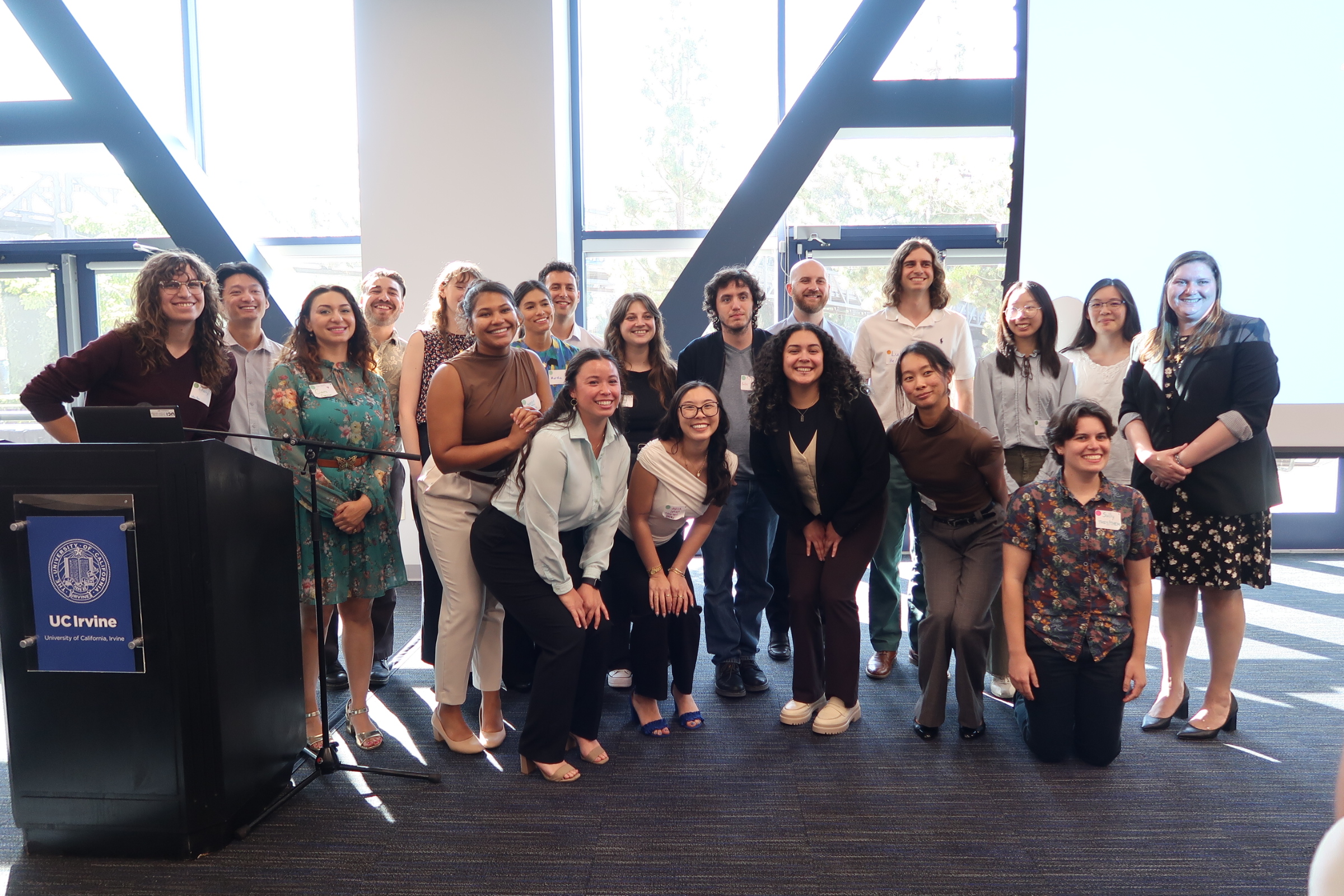Student Blog: Maryam Ibrahim
Letting Inter-disciplinary Knowledge Empower the Environment
It’s easy to believe that the negative impacts of climate change are happening far away from us, affecting only people who live in earth’s geo-climatic extremes. Despite record heatwaves, rising sea levels, and the abrupt shifts in global weather patterns that have triggered natural disasters of greater frequency and higher intensity, many still view the current climate crisis as an issue that only future generations will have to worry about.
For many decades, scientists around the world have warned of the long-term, large scale impacts that will unfold with the accumulation of heat-trapping greenhouse gasses in our atmosphere. Today, the worldwide consensus on climate science firmly establishes that climate change is not an abstract idea of the future; it is here, and it is accelerating at an alarming rate as we exceed critical tipping points. These tipping points are irreversible changes in the earth’s climate system that are triggered by a rise in global temperature.[1]
Satellite observations of earth’s vital signs (atmospheric CO2, global temperature, glacial ice, and sea level) now point to a growing concern that climate consequences may not happen incrementally, as we had previously thought. The greatest concern of our time is that we’ve already exceeded many of these tipping points, with 2019 being the third year in a row in which carbon pollution rose to a record high of 36.8 billion tons[2]. Exceeding tipping points can trigger climatic cascades in the form of abrupt chain reactions and self-reinforcing feedbacks in the ocean-circulation system, which regulates global temperature, weather patterns, hydrology, and the biosphere as a whole. Given the scale of impact and the speed at which things are changing, climate solutions will need to be reductive, comprehensive, and aggressive.
As the earth’s temperature continues to rise well above sustainable thresholds, nations worldwide are declaring a state of “climate emergency.” But does climate change really affect everyone? The short and undeniable answer is yes, and in ways that you might not expect.
Think to the last time you’ve eaten a or fruit or vegetable. The nutrient composition of the produce that we consume today is severely depleted as a result of climate change. This happens because the accumulation of atmospheric CO2 causes photosynthesis to occur at an abnormally fast rate. In response, plants grow with more sugar and less calcium, zinc, antioxidants, magnesium, iron, protein, and other essential nutrients.[3] According to a study conducted by researchers at Harvard University, 175 million could develop a zinc deficiency, and 122 million people could become protein deficient by mid-century.[4]
As the earth’s vital signs continue to deteriorate, so does the state of global human health. Climate change is not only affecting our diets, but it is also exacerbating the spread of infectious diseases such as malaria, dengue fever, West Nile virus, cholera, and Lyme disease due to extreme heat conditions[5].
Thankfully, we live an age of multi-disciplinary scientific revolutions in the physical sciences, biology, ecology, public health, information science, and social sciences. Innovative technologies and novel approaches are rapidly advancing, and new tools are being developed every day but are not being leveraged at the pace that can effect necessary change. One promising approach is using CRISPR, a gene-editing tool that allows scientists to alter the genomes of species by cutting and pasting snips of DNA to target specific genes. This human-induced “gene drive” can be a useful tool in propagating selected genes.
CRISPR may be incredibly promising for driving gene regulation of organisms’ adaptive traits to promote survival and environmental benefit. One interesting prospect considers the possibility of altering the genomes of photosynthesizing phytoplankton to enable the metabolic breakdown of atmospheric hydrocarbons.
Because climate change is such a complex global phenomenon that is affecting multiple systems simultaneously, approaches must be evidence-based, responsible, and ethically grounded.
[1] (Friedlingstein, Pierre; Jones, Matthew W; O’Sullivan, Michael; Andrew, Robbie M; Hauck, Judith; et al. Earth System Science Data; Katlenburg-Lindau Vol. 11, Iss. 4, (2019): 1783-1838. DOI:10.5194/essd-11-1783-2019
[2] IPCC AR5 WGII (2014). “Summary for policymakers” (PDF). Climate change 2014: Impacts, Adaptation, and Vulnerability (Report).
[3] Dong, J., Gruda, N., Lam, S. K., Li, X., & Duan, Z. (2018). Effects of Elevated CO2 on Nutritional Quality of Vegetables: A Review. Frontiers in plant science, 9, 924. https://doi.org/10.3389/fpls.2018.00924
[4] Myers, Samuel & Smith, Matthew. (2018). Impact of anthropogenic CO2 emissions on global human nutrition. Nature Climate Change. 8. 10.1038/s41558-018-0253-3.
[5] U.S. Global Change Research Program, The Impacts of Climate Change on Human Health.


